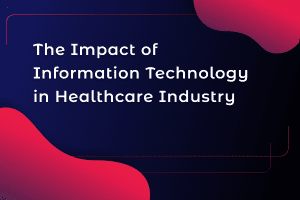Contents
- Unlocking the Potential: Exploring the Various Types of Healthcare Software
- Electronic Health Records (EHR) Systems
- Telemedicine and RPM Solutions
- Practice Management Software
- HIE Systems
- Medical Imaging and PACS
- Laboratory Information Management Systems (LIMS)
- Want to develop a custom software solution?
- Health and Wellness Apps
- Hospital Management Systems
- Clinical Decision Support Systems (CDSS)
- Medical Billing Software
- Electronic Prescription Systems
- Patient Engagement Platforms
- Conclusion
Unlocking the Potential: Exploring the Various Types of Healthcare Software
Hey there, fellow tech enthusiasts! Ever marveled at how healthcare software is reshaping the medical landscape? It’s not just about digitizing records; it’s about revolutionizing patient care and streamlining operations. Dive with me into the world of custom healthcare solutions and discover the game-changing role of healthcare software development companies.1
Electronic Health Records (EHR) Systems
Gone are the days of cumbersome paperwork. EHR systems are the digital revolutionaries, ensuring patient data is just a click away. These systems not only digitize records but also enable healthcare professionals to access comprehensive patient histories, ensuring informed decision-making and personalized care. The integration of AI and machine learning further enhances predictive analysis, making EHRs indispensable.2
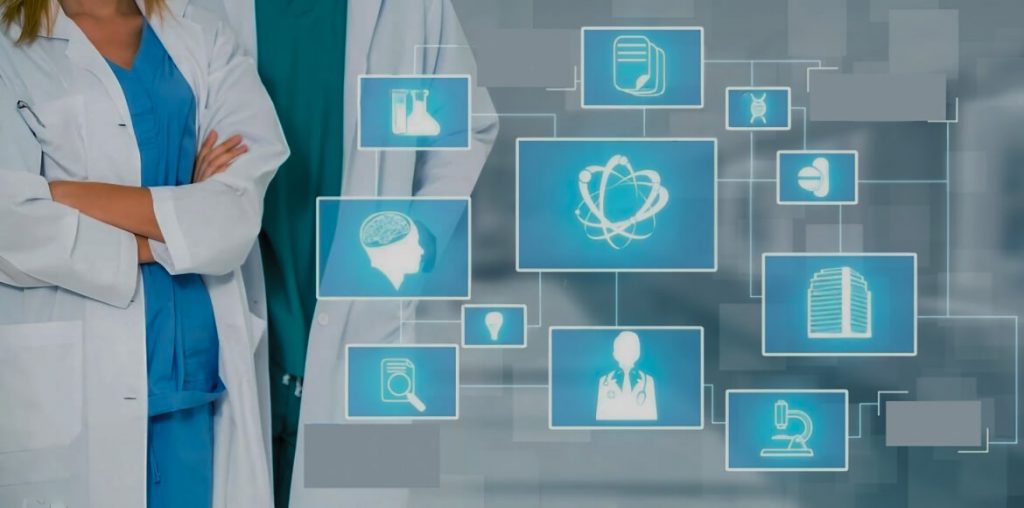
Telemedicine and RPM Solutions
The future of healthcare is here and it’s virtual. Telemedicine and RPM software are erasing borders, making quality healthcare accessible to all. These platforms are not just about consultations; they’re about continuous care. With the integration of wearable tech, doctors can monitor vital stats in real-time, ensuring timely interventions and better patient outcomes.3
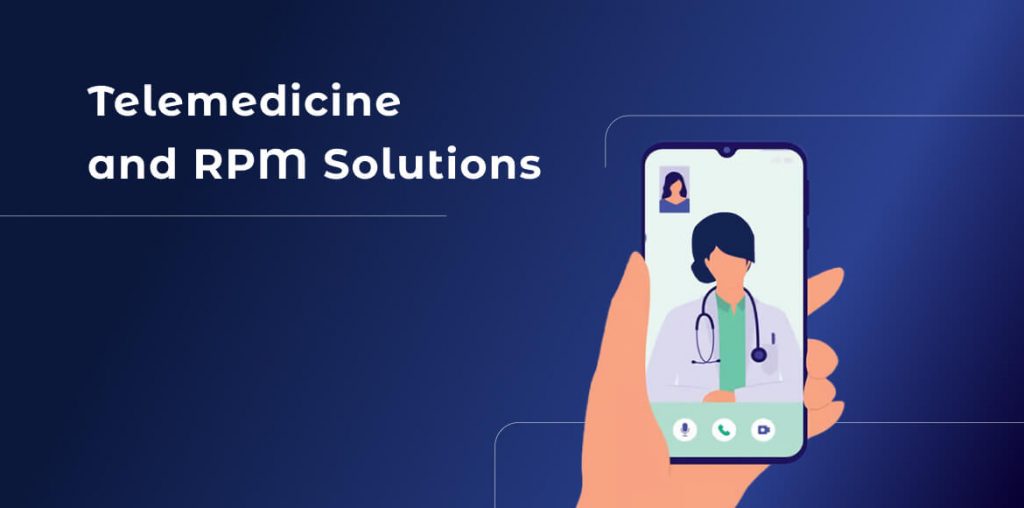


Practice Management Software
Behind every efficient healthcare facility is a robust practice management software. From scheduling appointments to managing patient feedback, these platforms ensure that healthcare facilities function like well-oiled machines. With the added capabilities of analytics, these systems can also provide insights into operational efficiencies, patient preferences, and more.3
HIE Systems
In an interconnected world, HIE systems are the guardians of patient data. Beyond just secure data transfer, these systems play a pivotal role in collaborative care, ensuring that every stakeholder, from pharmacists to surgeons, has access to the information they need. This collaborative approach ensures comprehensive care and reduces the chances of medical oversights.2
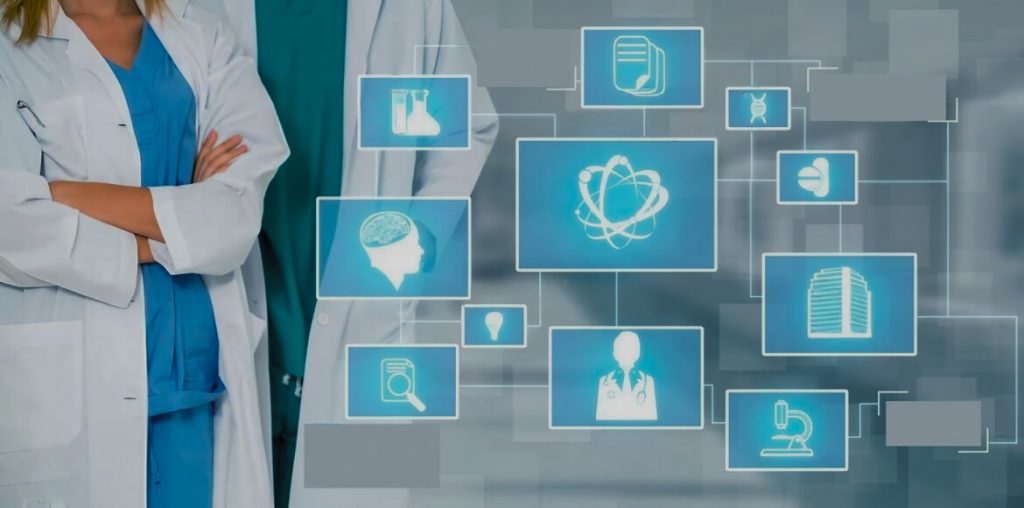


Medical Imaging and PACS
With the digital transformation of healthcare, gone are the days of sifting through stacks of X-ray films. PACS software brings a seamless integration of medical imaging, allowing for real-time collaboration. A cardiologist in New York can now instantly share a patient’s echocardiogram with a specialist in London, ensuring that expertise knows no boundaries.
But the true marvel of PACS lies in its potential for the future. As we integrate more advanced technologies like AI and machine learning, the system’s capabilities expand. Imagine automated anomaly detection or predictive analytics that can foresee potential health issues based on patterns in the imaging data. The horizon looks promising, and PACS is leading the way.1
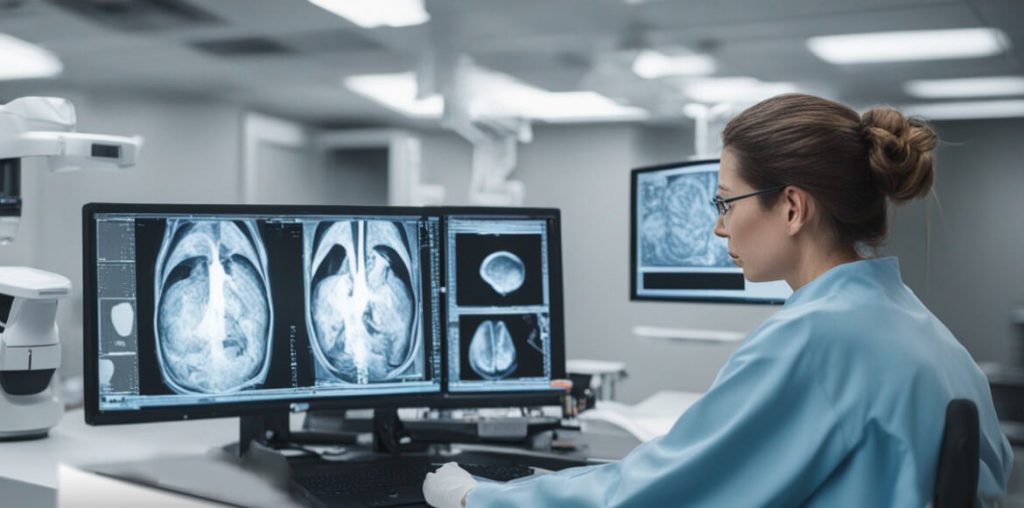


Laboratory Information Management Systems (LIMS)
Every sample, every test result, every workflow – LIMS ensures they’re tracked meticulously. But beyond the tracking, it’s the system’s ability to adapt and evolve that truly stands out. As labs embrace cutting-edge research and methodologies, LIMS offers the flexibility to accommodate these advancements, ensuring that innovation never hits a roadblock.
Moreover, in an era where regulatory compliance is crucial, LIMS provides labs with the tools to meet stringent standards without breaking a sweat. From automated report generation to real-time data validation, it’s all about ensuring accuracy and reliability at every step.1
Want to develop a custom software solution?
Health and Wellness Apps
Imagine having a virtual coach that not only tracks your physical activities but also offers meditation sessions to calm your mind after a hectic day. Or an app that doesn’t just log your meals but provides insights into your nutritional intake, suggesting tweaks for a balanced diet. That’s the power and potential of modern health and wellness apps.
These apps are also becoming social hubs, where users can connect with like-minded individuals, share their fitness journeys, and even participate in challenges to stay motivated. The gamification of health, combined with actionable insights, makes these apps not just tools but companions in one’s wellness journey.2
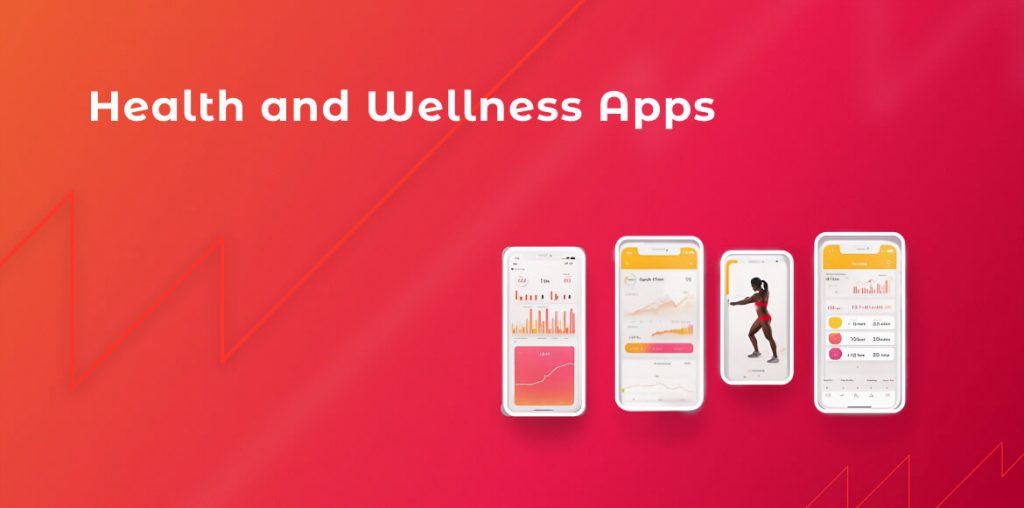


Hospital Management Systems
Managing a hospital is no small feat. But with hospital management software, it’s like having a digital assistant, optimizing workflows and enhancing patient experiences.3



Clinical Decision Support Systems (CDSS)
Imagine a system that continuously analyzes vast amounts of patient data, identifies potential health risks, and alerts doctors in real-time. Think of it as having a digital colleague who’s always updated with the latest medical research, ready to provide evidence-based recommendations at a moment’s notice. That’s the prowess of CDSS.
These systems are not just about alerts and reminders. They provide a platform for healthcare professionals to simulate various treatment scenarios, predict patient responses, and make informed decisions. By offering insights derived from a combination of historical data, current patient information, and cutting-edge medical research, CDSS ensures that patient care is both personalized and optimized.1
Medical Billing Software
Say goodbye to billing hassles! Medical billing software is here to streamline financial operations and get those payments rolling in faster.2
Electronic Prescription Systems
Prescribing meds has never been this efficient. With electronic prescription systems, medication errors are a thing of the past.3
Patient Engagement Platforms
Empower patients, foster active participation, and make healthcare a two-way street with patient engagement platforms.1
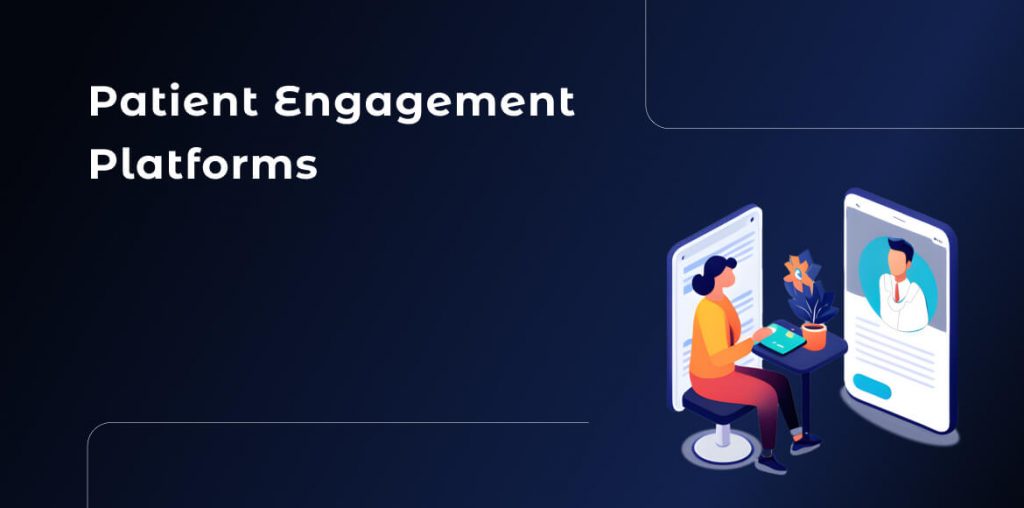


Conclusion
In the ever-evolving landscape of healthcare, the fusion of technology and medical expertise is not just a luxury — it’s a necessity. As we’ve journeyed through the myriad of healthcare software solutions, it’s evident that the future of healthcare is digital, personalized, and data-driven. But to truly harness the potential of these technologies, you need a partner who understands both the intricacies of healthcare and the nuances of cutting-edge software development.
With a proven track record in healthcare software development, Scimus is at the forefront of creating solutions that are tailor-made for the challenges of modern healthcare. Whether you’re a startup aiming to disrupt the healthcare space or an established entity looking to enhance your digital offerings, Scimus is the partner you’ve been searching for. So, as we look forward to a future where healthcare is more accessible, efficient, and patient-centric, remember that the right technological partnership can make all the difference. Dive deeper, explore more, and let’s shape the future of healthcare together with Scimus.
Sources:

